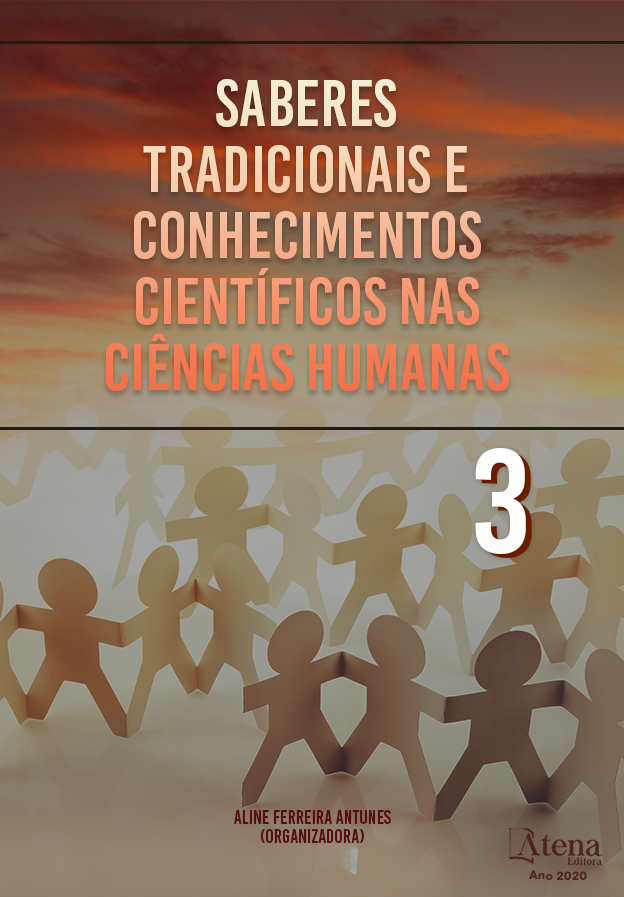
AS CONCEPÇÕES DA PATERNIDADE E SUA INFLUÊNCIA NA CONSTRUÇÃO DA IDENTIDADE PATERNA EM HOMENS-PAIS
O estudo da paternidade deve ser compreendido a partir da construção social da masculinidade considerando-se, sobretudo toda a dinamicidade de transformações que necessariamente remetem a contextos sociais e questões ideológicas acerca do masculino. Toda esta realidade reflete mudanças irreparáveis não apenas no homem enquanto indivíduo, mas também em todos os papéis que este homem desempenha na sociedade e na família. Este estudo objetivou identificar a influência das concepções da paternidade na construção da identidade paterna em homens-pais. Tratou-se de um estudo com abordagem qualitativa. Participaram 40 homens-pais, na faixa etária entre de 22 e 47 anos, tempo de parentalidade mínimo de 1 ano, relacionamento estável, e classes sociais diversas. Instrumentos: 1) Entrevista Semiestruturada: com o intuito de apreender discursos acerca das vivências e concepções da paternidade; 2) Questionário sociodemográfico: que buscou levantar dados acerca da idade, renda, tempo de relacionamento, status conjugal, número de filhos e escolaridade. As entrevistas foram processadas por Análise Categorial Temática, proposta por Figueiredo (1993). A partir da análise dos relatos dos participantes, emergiu a classe temática Paternidade composta pelas seguintes categorias e subcategorias: 1- Transformação (Cultural; Familiar; Pessoal); 2- Papéis (Provedor; Social); 3- Responsabilidade (Participação; Cuidado; Disciplina; Referência); 4- Realização; e 5- Limitações (Pessoais; Materiais). A paternidade enquanto construção social é moldada conforme o tempo histórico em transição. A identidade paterna é tida como algo em constante transformação a depender do contexto sócio-histórico do homem e os sentidos atribuídos pelos sujeitos, neste sentido, a forma com a qual o homem foi socializado vai implicar necessariamente na sua identidade paterna e, consequentemente, no seu comportamento frente a paternidade.
AS CONCEPÇÕES DA PATERNIDADE E SUA INFLUÊNCIA NA CONSTRUÇÃO DA IDENTIDADE PATERNA EM HOMENS-PAIS
-
DOI: 10.22533/at.ed.43020151212
-
Palavras-chave: Paternidade; Identidade Social; Homens-pais.
-
Keywords: Paternity; Social Identity; Men-fathers.
-
Abstract:
The study of paternity must be understood from the social construction of masculinity, considering, above all, the dynamics of transformations that necessarily refer to social contexts and ideological questions about the masculine. This whole reality reflects irreparable changes not only in the man as an individual, but also in all the roles that this man plays in society and in the family. This study aimed to identify the influence of conceptions of fatherhood on the construction of fatherly identity in male parents. It was a study with a qualitative approach. Forty men-parents, aged between 22 and 47 years, participated in a minimum parental period of 1 year, had a stable relationship, and different social classes. Instruments: 1) Semi-structured interview: in order to apprehend discourses about the experiences and conceptions of fatherhood; 2) Sociodemographic questionnaire: which sought to collect data about age, income, length of relationship, marital status, number of children and education. The interviews were processed by Thematic Categorical Analysis, proposed by Figueiredo (1993). From the analysis of the participants' reports, the thematic class Paternity emerged composed of the following categories and subcategories: 1- Transformation (Cultural; Family; Personal); 2- Roles (Provider; Social); 3- Responsibility (Participation; Care; Discipline; Reference); 4- Realization; and 5- Limitations (Personnel; Materials). Fatherhood as a social construction is shaped according to the historical time in transition. The paternal identity is seen as something in constant transformation depending on the socio-historical context of the man and the meanings attributed by the subjects, in this sense, the way in which the man was socialized will necessarily imply in his paternal identity and, consequently, in the their behavior towards paternity.
-
Número de páginas: 15
- Flávio Lúcio Almeida Lima
- Ana Alayde Werba Saldanha Pichelli
- Celestino José Mendes Galvão Neto


